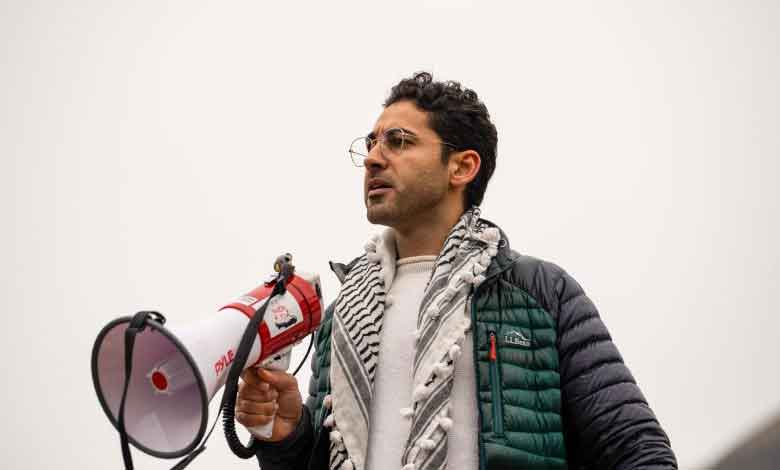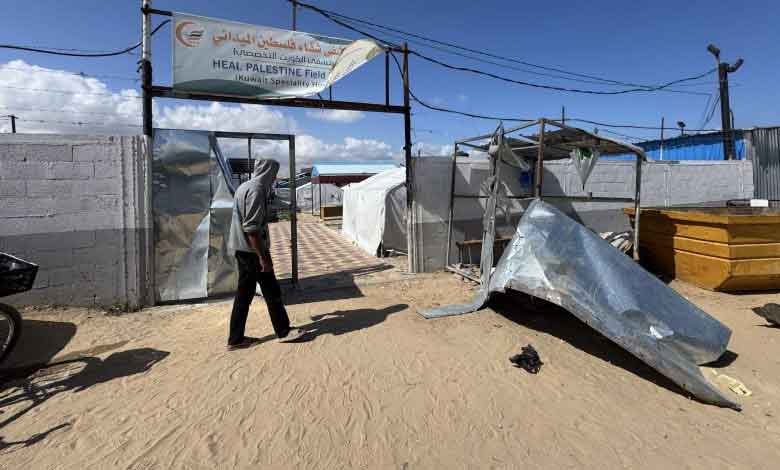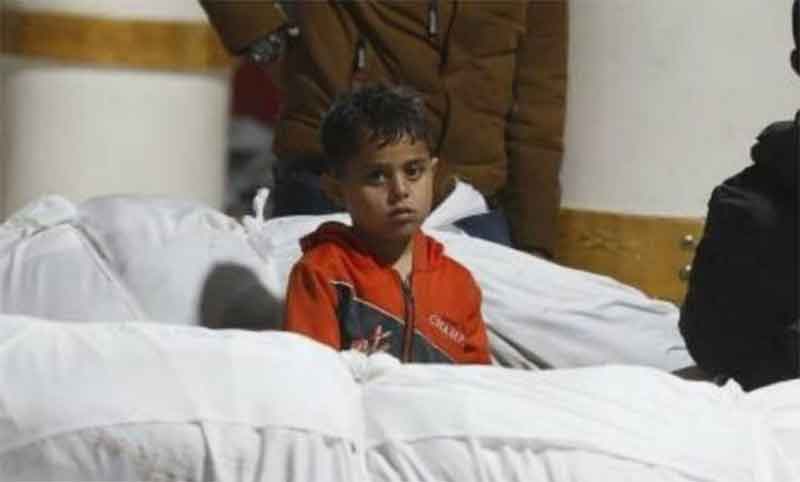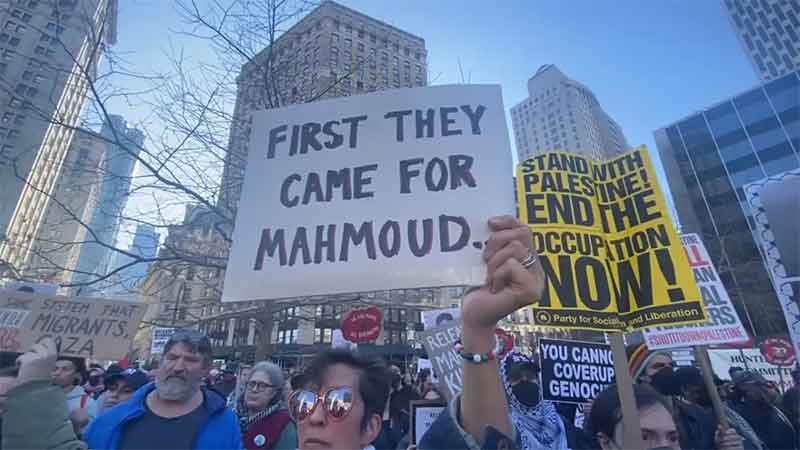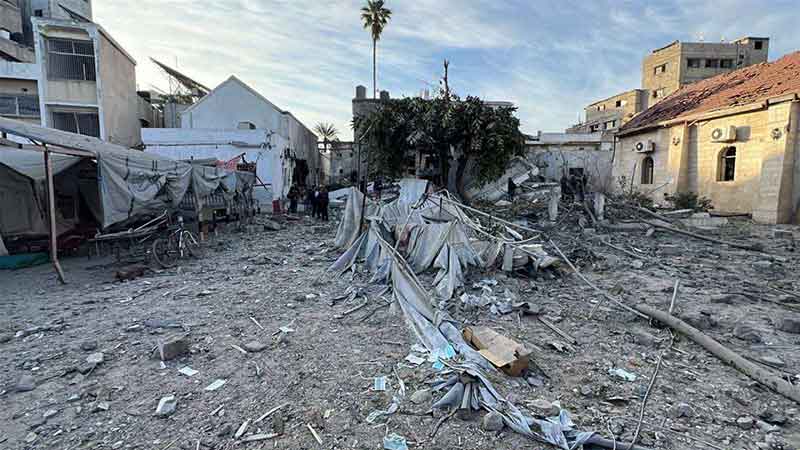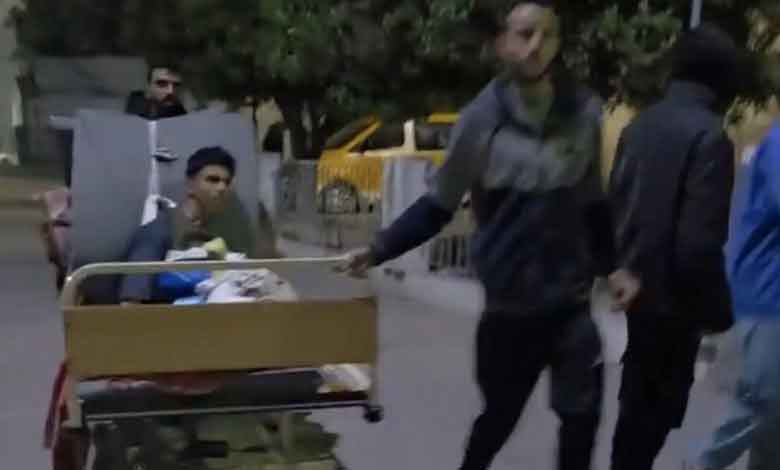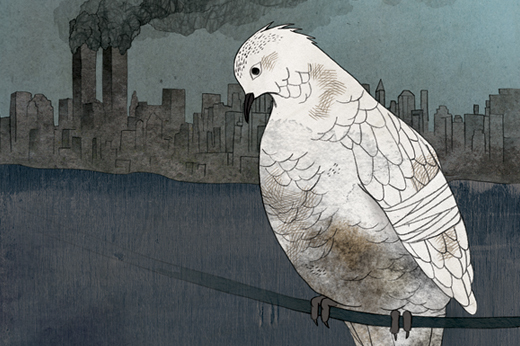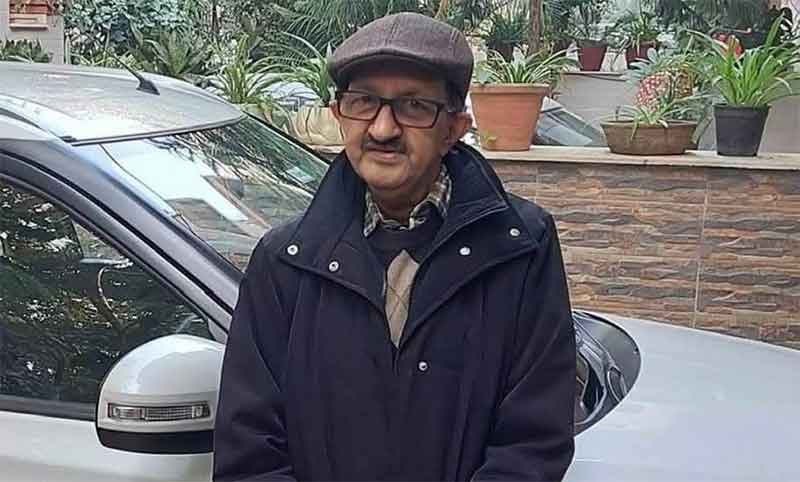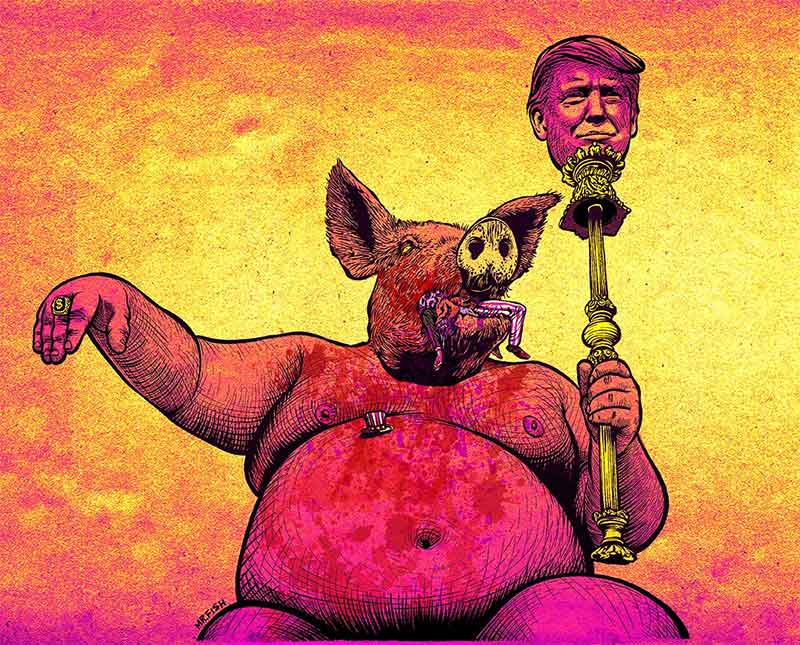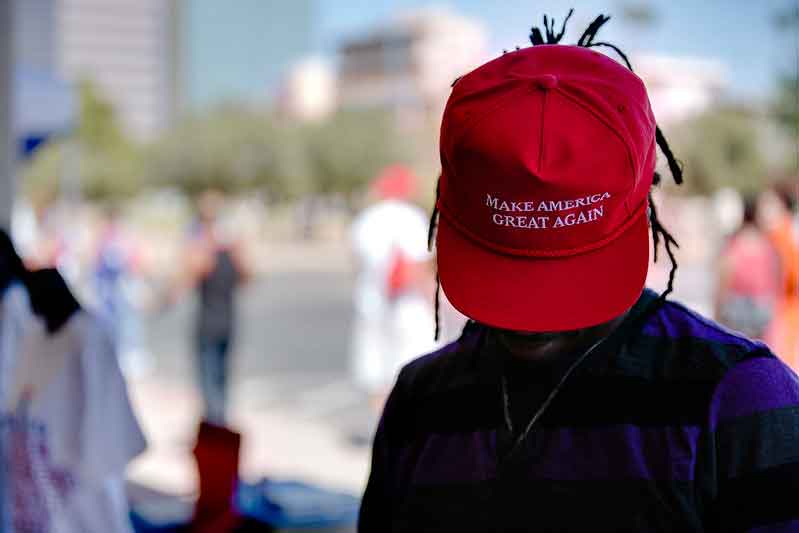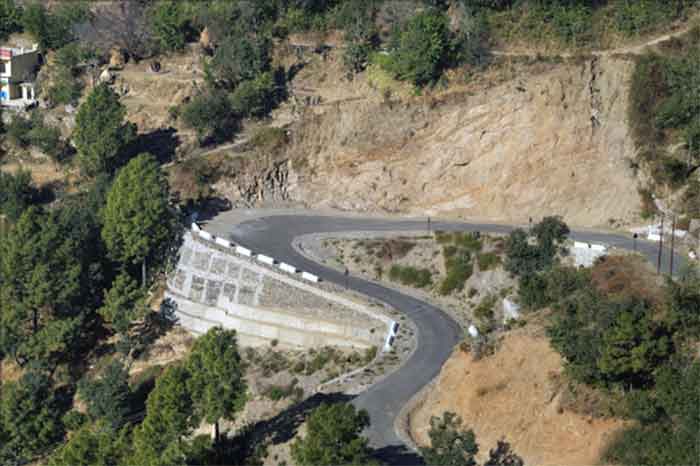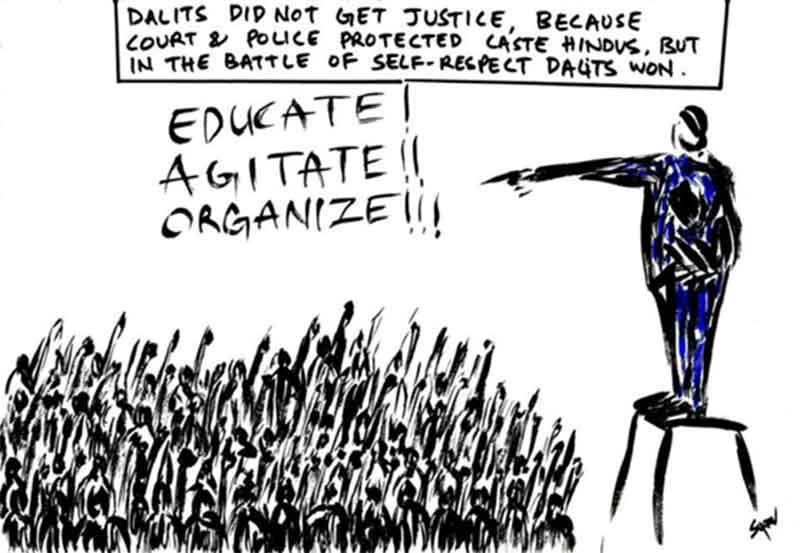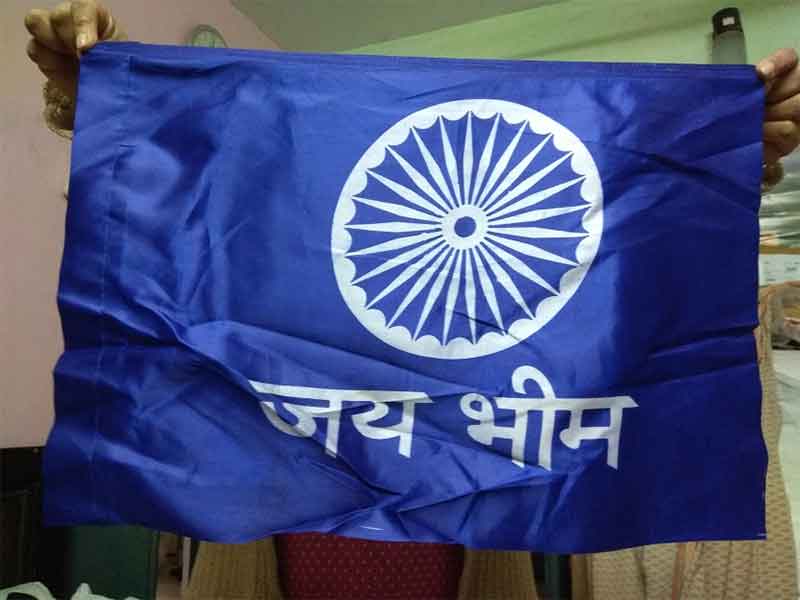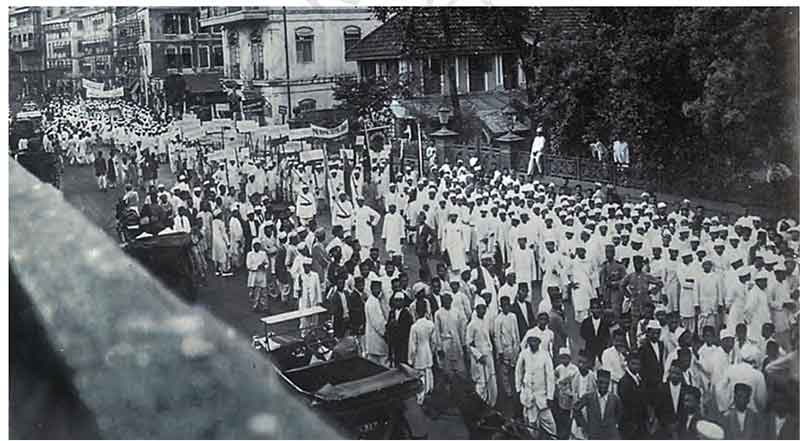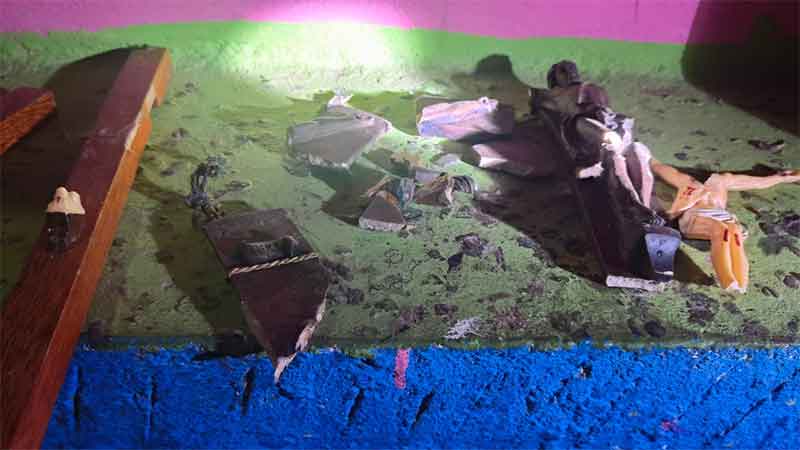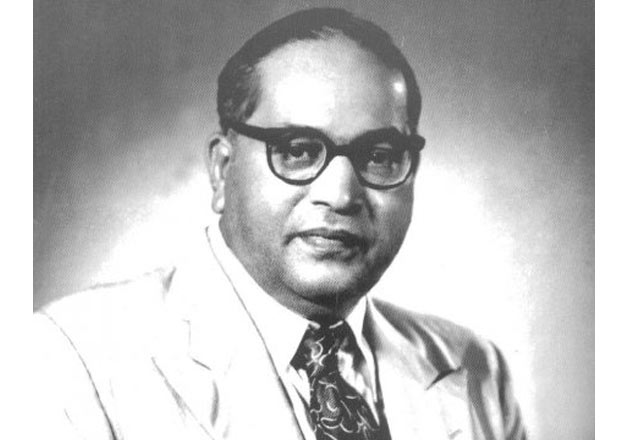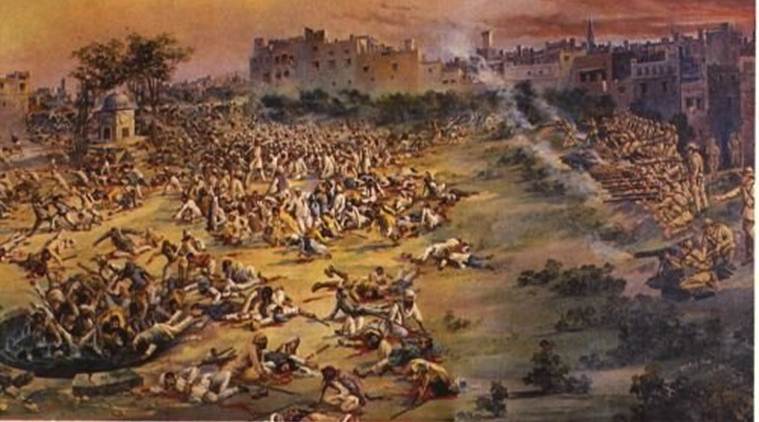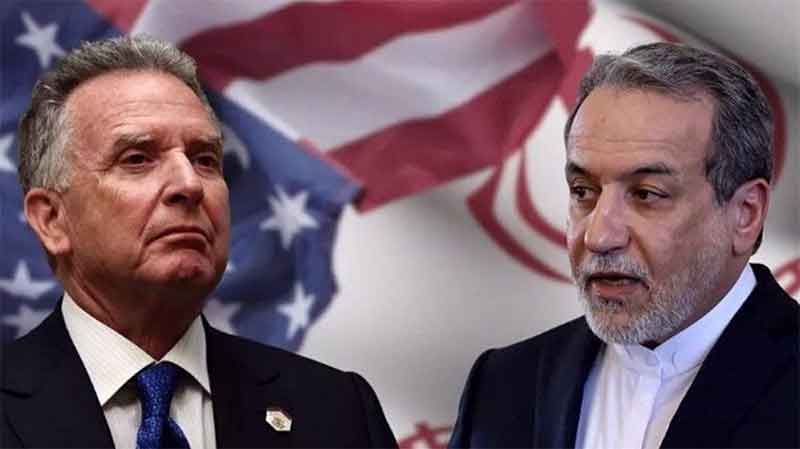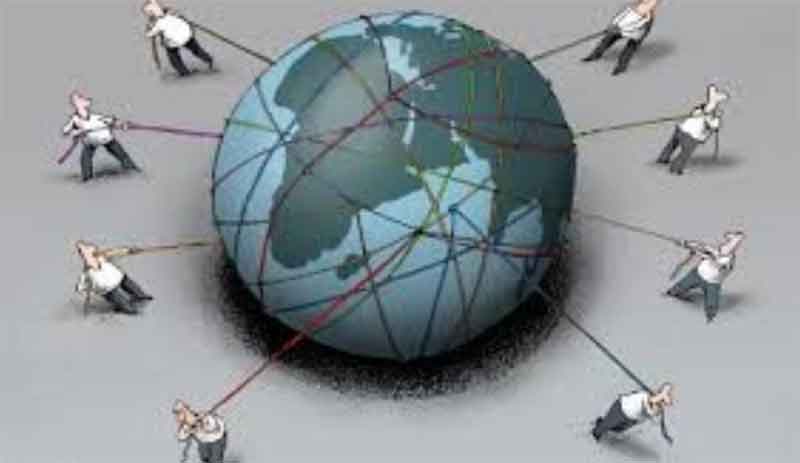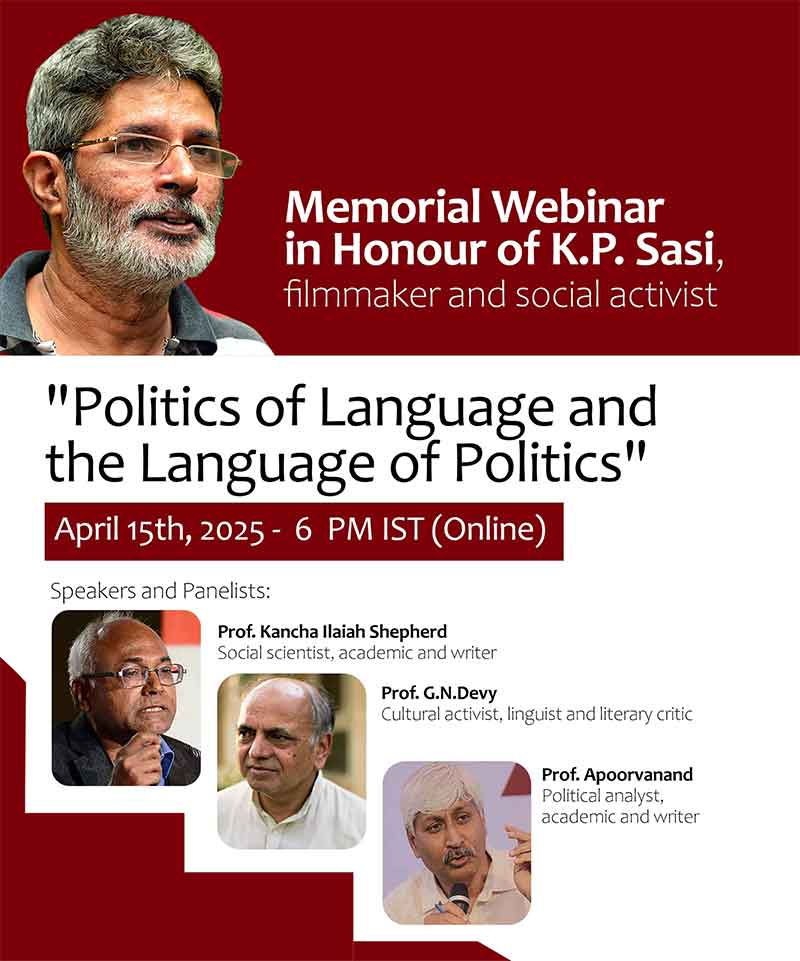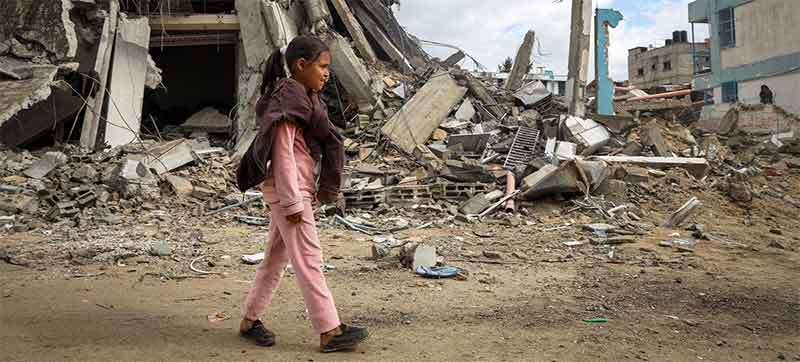
‘All eyes on Rafah’. In the last 48 hours, my social media has been flooded with the reshares of this one particular phrase. From friends to popular social media personalities, also known as influencers; everyone seems to have picked up on this trend. The phrase, along with an image is urging people to pay attention to Israel’s ongoing conflict in Gaza. It is getting shared by millions on social media following a deadly Israeli airstrike killing dozens of civilians. The picture, which has rows of tents stretching into the distance and is emblazoned with the words “All eyes on Rafah”, has now been posted almost 40 million times on Instagram, as per news reports. It follows an Israeli strike on the southern Gazan city of Rafah which killed at least 45 people – most of them sheltering in tents which were set alight following the bombing.
While the trend seems to have done a decent job at ‘finally’ bringing a seven-month-old embargo to the public’s attention, creating an impression of public solidarity with the people of Gaza, there are certain observations about the trend that stand out, over and beyond its face value.
Firstly, the social media trend is late to the party. Pardon the use of the term ‘party’ for a bitter war, but celebratory pictures of the Israeli Defence Forces from the field do give a party-like impression. My primary concern lies with the late awakening of the fraternity on social media, when, the emergency in Gaza started in October itself, a good 235 days ago, and has been in the making for decades. Right from its onset, the Israel-Palestine conflict has resulted in severe human rights violations. The decades long Israel-Palestine conflict escalated to new heights on 7 October 2023, when Hamas launched a surprise attack on southern Israel from the Gaza Strip. This attack led to significant Israeli casualties and the capture of over 250 individuals by Hamas. It was followed by Israel’s declaration of war on Palestine, initiating a severe aerial bombardment campaign followed by a large-scale ground invasion of Gaza, starting on October 27, 2023. The Israeli operations have resulted in extensive destruction and a humanitarian crisis in Gaza, with tens of thousands of Palestinians killed and most of the population displaced. At present millions (Israelis and Palestinians) have been displaced and thousands murdered and raped as a casualty of war. While the scale of destruction in Gaza is particularly shocking, it was also predictable. When the Israeli leadership declared war on Gaza, it was clear that all hell would break loose under the garb of vengeance. Sparing remarks from a handful of public figures, the silence on public forums, including social media, was deafening and insidious. It emboldened the inhuman war tactics of the Israeli Defence Forces. Children, women, and innocent civilians experienced horrific fates, lives were destroyed, dreams were shattered, cultures were wiped off the face of the planet; as the world took on a ‘wait and watch’ approach. Even though significant attention seems to have been drawn to the war now, I cannot help but feel, that it is too little, too late. Some questions arise: Why did this wave of concern on social media had to wait a good seven months before it started trending. Why are governments across the world mounting pressure on Israel only recently and not earlier? Why the delay in the International Court of Justices’ rulings and the United Nation’s calls for ceasefire? The most significant question: Why does this clamour fall flat on the ears of the Israeli leadership and other complicit parties. Is it simply because the lives at stake are expendable on account of their religious and ethnic identities; easily disposed and of little value to this profit driven, neo-liberal world order. The current social media trend seems jaded with respect to time and does not convey the urgency which the issue deserves.
Secondly, the incessant and sudden sharing of ‘All Eyes on Rafah’ also points towards the culture of convenience and unaccountability prevailing in the virtual world. As stated earlier, a discourse has been started due to the social media trend, but, it may remain superficial and short lived, like several other trends of the past. Social media platforms like IG, X etc thrive on huge amounts of data/information passing through their channels at an efficient speed, catering to demands of the market and dominant cultural standards. Trends of fashion, politics, art, lifestyle etc throng the social media at phenomenal rates and are often extinguished into obscurity within days, rarely resurfacing again, like the #BlackLivesMatter , #MeToo , Met Gala fashion, Cannes Film Festival, to name a few. Given the heavy traffic on the web, it is hard to say if the debates on Israel-Palestine War be sustained with similar high spirits for days to come and will be able to impact significant change. Or would it be replaced by another more engaging trend? Social media has, after all, made public memory increasingly short-lived. Social media caters to a post-modern society’s thirst for information, but it does so in the form of ‘bytes’ and tiny simplified pieces of information- which are facts mixed with opinions; aimed at giving the reader only an approximation of reality. Before one starts to dig deeper, they are bombarded with other information in the form of reels, hashtags and forwards. The social media is characterised by information explosion, making it difficult for individuals to digest and investigate what is consumed, reducing active social agents into passive receivers. The scope of action for people becomes limited to mostly sharing of posts and hashtags, if not only. Action takes a backseat and reactions in the form of comments become frontrunners. In the case of the trending ‘All Eyes on Rafah’, it is appalling how individuals (including several celebrated public personalities) have on the one hand having recently shared #AllEyesOnRafah, have gone on to share commercial collaborations, sharing images of vacations and other pieces of entertainment within minutes. They have moved on after following a trend, diminishing the value of massive horrors being endured by their fellow humans in Gaza. There seems to be very little discourse of the political-economic realities being faced by the people of Gaza and Israel.
Thirdly, social media trends run the risk of oversimplifying complex socio-political issues. It results in consumers, who have very shallow and vague knowledge of what has transpired over centuries, compounding into micro aggressive trolling, labelling, and policing of the communities. The website of The International Sociological Association states that incidents of antisemitism and islamophobia, both, are on a rise because of the recent spate of violence in Gaza. Jewish and Muslim individuals across the world are being targeted wrongfully, harassed, and trolled on social media, even physically attacked, simply for being members of their respective communities. The social media trend will be effective only if it stokes a deep and long-lasting sociological debate about the issue on hand, wading through the risks of stereotyping individuals and groups. As stated by the Department of Historical and Cultural Studies at the University of Toronto, “it is not only permissible, but it is essential for scholars to situate the current war in its broad historical contexts, including those of settler colonialism.” Our duty as citizens of this world is to maintain spaces of debate and foster discussion during such a critical moment, rather than falling prey to half-baked information or limiting one’s participation to sharing, resharing and liking social media posts.
This article is not a criticism of the ‘All Eyes on Rafah’ trend, but rather an examination of the social media’s treatment of the humanitarian crisis in Gaza and whether or not it has the potential to effect change. While ‘better late than never’ may be a commonly cited argument here, I firmly believe that being late was a luxury we could not have afforded in this ghastly situation and that social media enthusiasts should have pioneered the cause of Gaza right from the onset. It has proven to be too expensive a wait, it has tarnished the life and times of our generation with the blood of thousands of children. As a teacher, I am haunted by these children each time I enter classrooms filled with the curious excitement of my students; children with vacant expressions curious about why their lives were cut short while others got to live on. The lack of meaningful debates on social media about similar issues; be it Gaza, Afghanistan or closer home Kashmir and Bastar is troubling and eerie. They say that social media has endowed the masses with a kind of power – to question and usher revolution; the exercise of this power in actuality, is mediocre at best and steeped in prejudices of religion, gender, and ethnicity.
Bhavya Kumar hails from Lucknow. She is a doctoral research scholar at the Centre for Studies in Sociology of Education at Tata Institute of Social Sciences, Mumbai. She is currently working on her doctoral thesis; Self & Multiple Others: Social Interactions in a Classroom Situation. She has twelve years of training as a social scientist, having done a B.A (H) in Economics from the University of Delhi and a subsequent Masters in Sociology from Jawaharlal Nehru University.

